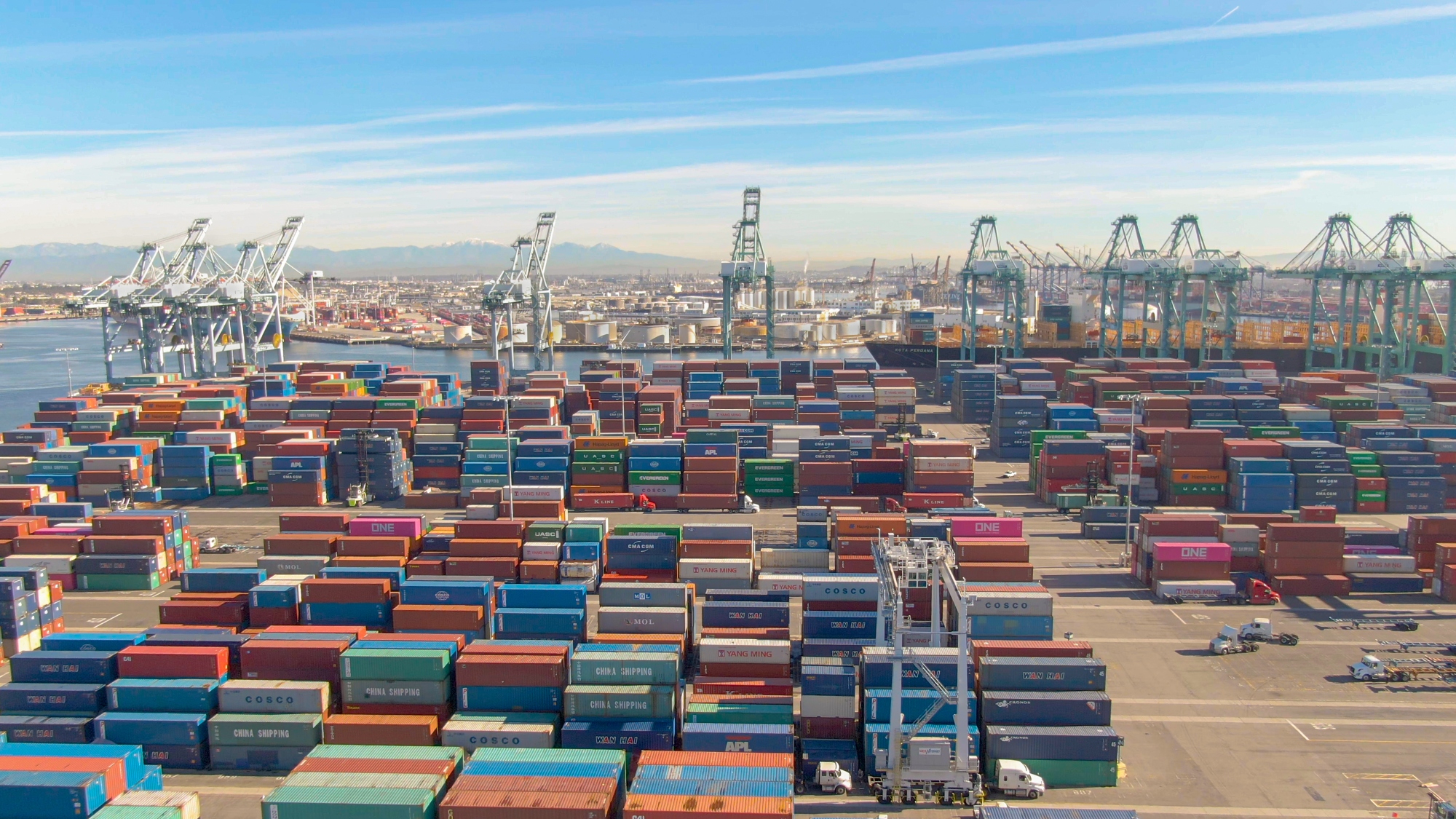Despite Recent Brexit Trade Agreement, Challenges Persist

After years of negotiations, the European Union (EU) and the United Kingdom (UK) now see eye-to-eye on a trade agreement. Nevertheless, the withdrawal of the UK still presents obstacles for “logistics leaders tasked with moving goods from one side of the channel to the other,” according to Supply Chain Management Review (SCMR).
In a recent interview, Susan Boylan, Director Analyst with the Gartner Supply Chain Practice, told SCMR that organizations are establishing distribution centers and warehouses on EU territory because of delays “at customs and the challenges with dual tariffs.”
Boylan elucidated that the industries affected the most by customs checkpoints include retailers, especially those of perishable food goods.
There is also a concern for how logistics leaders might have to make changes to logistical structures to help operations in both the EU and the UK, which Boylan theorized is dependent entirely on the Free Trade Agreement and how it impacts each organization’s ability to move product. “Some organizations have increased their footprint and recalibrated their network design in the EU to satisfy demand that previously may have been provided by a UK distribution network,” she said, adding that the goal in these cases is to reduce delays and prepare for the possibility of re-export.
Boylan also stated that changes have occurred in how “additional and/or seasonal labor is sourced” regarding information technology infrastructure.
Other challenges still present in the wake of the agreement include:
- How logistics operators will acclimate to said shift
- The demand for a copacetic classification of goods
- The effective planning of organizations during this new phase
- The analyzation and monitoring of EU and UK Brexit guidance platforms
Boylan concluded by saying there will be continued changes as businesses and forwarding agents keep requesting adjustments from governing authorities to increase the movement of trade and lessen complications. Then there is the question of how the Coronavirus will affect these operations which, in itself, is a challenge.
- Categories:


